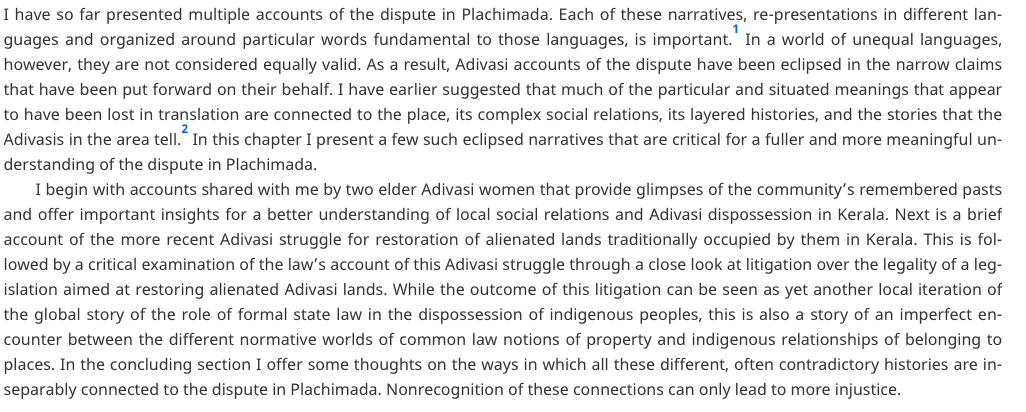New day, new question for #ScholarStrikeCanada : what& #39;s your favourite work of #CriticalRaceTheory by a scholar who is based in Canada? Yesterday& #39;s responses included pieces by @sonialawprof and Adelle Blackett. https://twitter.com/emmajcunliffe/status/1302276635517792258">https://twitter.com/emmajcunl...
This short piece by @sonialawprof - not so far mentioned in this thread - explains beautifully why it matters to talk about CRT in Canada as distinct though related to American work: https://ojs.uwindsor.ca/index.php/WYAJ/article/view/4415">https://ojs.uwindsor.ca/index.php... (The whole special section is  https://abs.twimg.com/emoji/v2/... draggable="false" alt="🔥" title="Feuer" aria-label="Emoji: Feuer">: https://wyaj.uwindsor.ca/index.php/wyaj/issue/view/434)">https://wyaj.uwindsor.ca/index.php...
https://abs.twimg.com/emoji/v2/... draggable="false" alt="🔥" title="Feuer" aria-label="Emoji: Feuer">: https://wyaj.uwindsor.ca/index.php/wyaj/issue/view/434)">https://wyaj.uwindsor.ca/index.php...
Again, using @sonialawprof& #39;s definition of #CriticalRaceTheory, there are many Canadian offerings to embrace. Two that deserve particular note and have not yet been mentioned:
Razack, Thobani and @MalindaSmith (eds) "States of Race: Critical Race Feminism for the 21st Century" https://btlbooks.com/book/states-of-race">https://btlbooks.com/book/stat... which includes one of my all-time favourites by the late, sorely missed Patricia Monture "Race, Gender, and the University: Strategies for Survival"
And @PoojaaParmar, "Indigeneity and Legal Pluralism in India: Claims, Histories, Meanings" https://www.cambridge.org/core/books/indigeneity-and-legal-pluralism-in-india/233F6930B869ABD775A165A659C0E7DE.">https://www.cambridge.org/core/book... This is such a courageous and beautiful book. And a masterclass in self-reflective ethnographic methodology combined with legal history. I mean ...

 Read on Twitter
Read on Twitter


